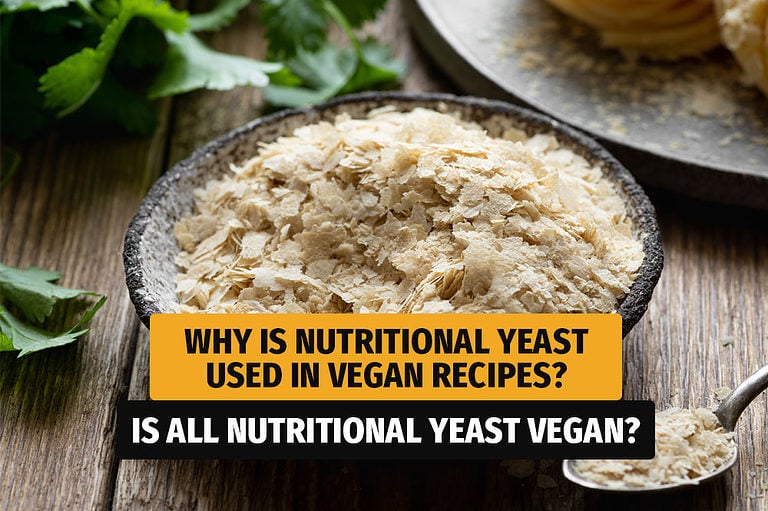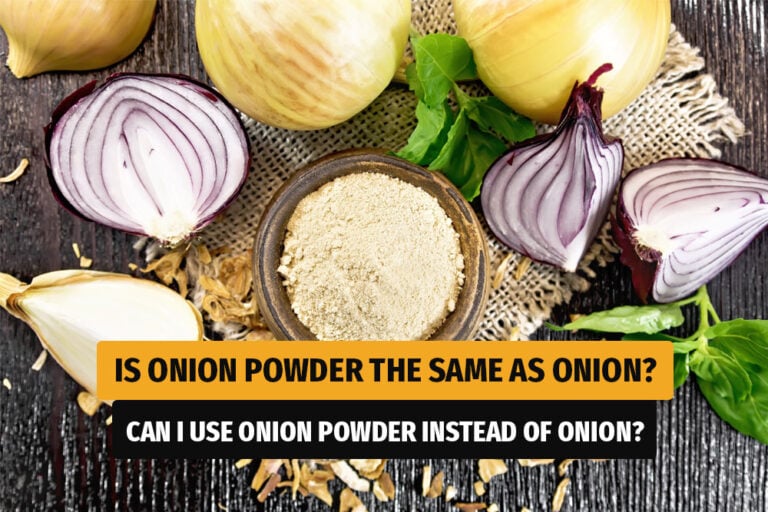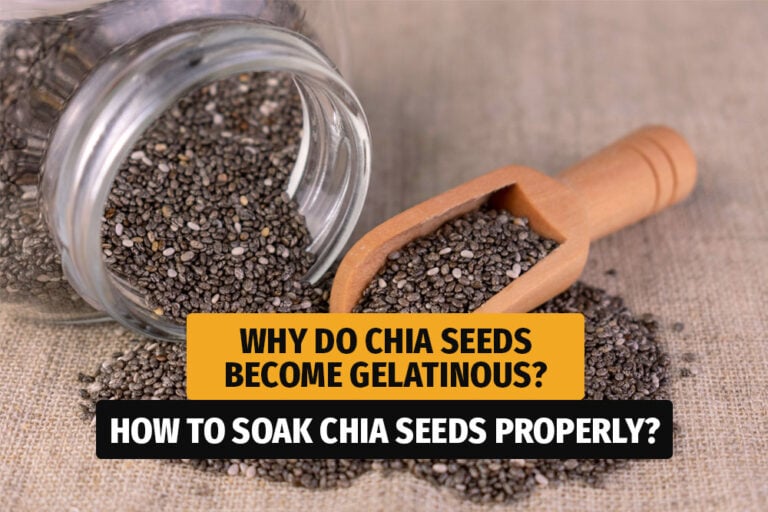
When it comes to cooking or baking, every ingredient affects the overall outcome in one way or another. Sugar is a significant ingredient for almost all kinds of baking, and its impact cannot be diminished.
Refined white sugar has been demonized for a long time as being unhealthy. In recent times, it is becoming more spelled out. This is one of the reasons many are turning to viable natural or, let’s say, less harmful alternatives.
Coconut Sugar to the Rescue
Coconut sugar has earned a reputation as a reliable sweetener alternative to cane sugar. It is natural sugar from coconut palm sap. Sometimes, people confuse it with palm sugar, but they are different.
Coconut sugar is not obtained from coconut. It is obtained from the sap of coconut flowers after heating. In simple terms, it is nothing like processed sugar. It is reported to have a lower glycemic index, which is good as it will not spike your blood sugar level.
Before you even think about it, I have to tell you that coconut sugar is not some low-carb vegan alternative. It is not! It just has a lower glycemic index than refined white sugar.
Does it Work For Baking?
As far as the baking goes, you might read on many websites that coconut sugar shouldn’t be used in baking due to clumping. Tara and I did some testing, and I can confirm this is not entirely true.
Coconut works great for baking as long as you finely ground it. This way you will have no clumps and you will be happy you avoided refined white sugar and were still able to achieve great results in baking be it a cake dough or any other dessert.
In What Way Does Coconut Sugar Affect Baking?
Coconut sugar makes an important contribution to the overall ratio of ingredients in baking. If you reduce the amount of sugar, the balance between ingredients is broken. And you don’t want to go breaking any balance in baking, trust me on this one.
Let’s look at how the baking itself works. The sugar is melted and then combined with other ingredients. When it cools, it becomes solid again. This process ensures the stability of the dough. In the absence of sugar, the dough collapses.
Coconut sugar also caramelizes nicely during baking, ensuring that the dough tastes fine and has a pleasant browning. Compare raw dough with baked dough and you will immediately taste the difference.
So how does coconut sugar affect baking? Without sugar (be it white or coconut sugar), the dough becomes stiffer, less fluffy and loses some of its flavor.
Can I Substitute Coconut Sugar For White Sugar in Baking?
As I already mentioned earlier, sugar is an indispensable ingredient in baking. It ensures that you have delicious cakes or cookies. So, who would win the battle coconut sugar vs white sugar? Can I use coconut sugar instead of white sugar?
Yes, you can use coconut sugar as a substitute for white sugar in baking. Lately, you will see many recipes online for coconut sugar brownies, cookies, and cakes. To replace the coconut sugar with white sugar in your recipe, maintain the ratio of 1:1. Use a cup of coconut sugar where you often use a cup of white sugar – simple as that.
There is one thing you should know before using coconut sugar though. It has a unique caramel flavor, unlike white sugar. If you want to make caramel or meringue, I wouldn’t recommend using coconut sugar.
Suppose your recipe is more sugar, butter, or vanilla dominant; coconut sugar will be an excellent choice with its distinct caramel flavor.
Can I Substitute Coconut Sugar For Brown Sugar in Baking?
The answer is Yes. Coconut sugar is a reliable substitute for brown sugar. Like white sugar, you swap it 1:1 in your recipe (one cup of coconut sugar instead of a cup of brown sugar).
When it comes to coconut sugar vs brown sugar, both sugars have a similar appearance and taste. Coconut sugar doesn’t hold as much moisture as brown sugar does. This can have an impact on the texture of your cake or cookies. It tends to make them drier and denser than you would bargain for.
The good thing is you can play around with your recipe. Adding extra butter or oil can improve the moisture content of your baked goods. For better results, you should try melting your coconut sugar with any form of heat available to you before adding it to your recipe.
Which Coconut Sugar is Best For Baking?
As much as there are no definite metrics to determine the best coconut sugar for baking, coconut sugar made with high-quality ingredients is best. I always go for organic brands.
When you consider coconut sugar best for baking, unrefined coconut sugar should be your top pick. With unrefined coconut sugar, you do not fear getting any external inorganic or synthetic ingredient in your recipe.
To get the best results in baking, you should consider finely grounding your coconut sugar before putting it in your recipe. This way you will avoid any potential clumping.
What Can I Use Instead of Coconut Sugar in Baking?
There are many substitutes for coconut sugar. There’s a probability that you even have some of them already. However, not all these alternatives are good for baking.
What choice do you have when considering baking alternatives for coconut sugar? Well, the easiest of all substitutes is white or granulated sugar. But if you want something a little more, you can use light brown sugar.
In a real sense, brown sugar is white sugar, the only exception being that brown sugar has molasses in it. What makes brown sugar light or dark is the quantity of molasses added. The light brown sugar has around 3% molasses added, while the dark brown has approximately 6-6.5% molasses.
Like coconut sugar, it has a moist texture. It can be replaced in your recipe using a 1:1 ratio. You can play around with your recipe a little so that it can blend well; the effect of the brown sugar and coconut sugar in your recipe may differ slightly.
Is Coconut Sugar Good For Baking Cakes?
Coconut sugar is gaining popularity for the right reasons. It would be a surprise if you could not use it for baking cakes. You can use coconut sugar for baking cakes. I know what you are thinking; it may affect your cake with coconut flavor. Sorry to disappoint you, but coconut sugar does not taste nor smell like coconut.
It is safe for use in baking cakes. It is very similar to brown sugar. The only exception is it doesn’t hold as much moisture as brown sugar does. There is a tendency for your cake to be dry if you don’t add more fat to your recipe.
It also offers a good caramel flavor after backing if you use a more straightforward recipe. You can use coconut sugar for cakes and cookies but be wary of using it for candies because they burn more quickly than granulated sugar.
Is Baking With Coconut Sugar Healthier?
You may want to argue that all sugars are the same. Chemically, they might have the same composition, but there are certain differences.
Coconut sugar is natural because it is unrefined; it retains some minerals like ions and potassium from the sap. These minerals are suitable for the body’s use. It also has lower glycemic index than regular table sugar. It will not spike your blood glucose; insulin-like regular white sugar will.
When you bake with coconut sugar beyond the rich caramel flavor, you also reap the benefits of its remaining minerals.
Conclusion
Can coconut sugar be a reliable alternative to white or brown sugar in any baking recipe? Yes! If used properly, it will not affect the outcome of your baked goods. It makes your recipe less moist, but with a little more added fat, you can take care of that.
When it comes to sugar in baking, there is always the balance of healthy vs. good-looking baked goods to be considered. We all know too much sugar in your recipe is not healthy, and reducing sugar too much, will break the balance between your ingredients. It is always a trade-off. But if you want to use a lot of sugar, then coconut sugar should be your go-to.
Compared to white sugar, it gives you more flavor and some needed minerals. Although some might argue that some health benefits are negligible, fine margins separate the healthy from the unhealthy.




